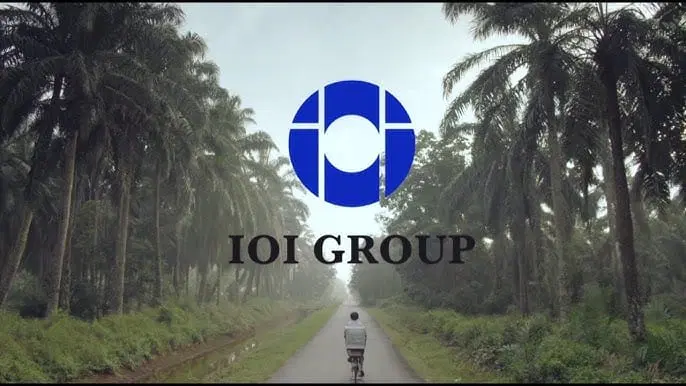Will IOI Corp’s RM100 Million Coconut Venture Pay Off?

Palm oil giant IOI Corporation Berhad (IOI Corp) is betting big on coconuts. Through a RM100 million joint venture with China’s Mega Star, the group plans to build its first integrated coconut processing complex in Segamat, Johor, marking a brave diversification into a niche but fast-growing segment of the edible oils market.
The project — set for completion in late 2027 — could signal IOI Corp’s next strategic chapter beyond palm, as global demand for plant-based, sustainable oils accelerates. But as with all diversification bets, the question looms: will this venture bear fruit?
The upcoming Segamat coconut oil complex will start by processing 100,000 coconuts per day, scaling up to 300,000 as IOI expands its own plantations to 5,000 hectares. It will produce coconut oil and concentrated coconut water, using robotic and Industry 4.0 systems to enhance efficiency and traceability.
The facility will also embody IOI’s circular economy ambitions — converting coconut husks into biofuel and, eventually, shells into activated carbon.
Analysts say the move is more than just an expansion — it’s a strategic repositioning. Coconut oil, a premium lauric-based product, trades at about USD1,600–1,650 per metric tonne, roughly 40–45% above palm kernel oil (PKO). That margin differential alone provides strong economic incentive.
“Tight global supply and firm price trends make coconut oil an attractive long-term play,” said MBSB Research, which maintained its BUY call on IOI Corp with a target price of RM4.42.
IOI’s partner, Mega Star, linked to the Ting Hsin International Group, brings downstream manufacturing and distribution strength in China and Taiwan — both key growth markets for premium food and beverage ingredients.
The partnership is designed to integrate upstream production with downstream value creation, a model IOI already applies successfully in palm oil. The result could be a vertically integrated coconut supply chain, positioning IOI as a leading regional player in specialty lauric products.
Compared to peer United Plantations (UP), which is expanding its coconut footprint to 4,627 hectares, IOI’s 5,000-hectare target is broader in scope, encompassing processing, refining, and derivative production.
“This is IOI moving up the value chain,” one analyst noted. “They’re not just planting coconuts — they’re creating a fully integrated product ecosystem with higher margins and export potential.”
Still, the payoff will take time. Commercialisation is not expected until 2029, meaning financial contributions will only be visible in the next corporate cycle. Execution risks — from plantation yield variability to global demand fluctuations — also loom.
But IOI’s timing may prove advantageous. Global coconut supply remains constrained, especially in the Philippines and Indonesia, which account for over 70% of world output. With limited replanting and aging trees, prices are expected to stay firm.
“If IOI executes well, the long-term earnings uplift could be meaningful,” MBSB Research added. “This venture could redefine IOI’s lauric portfolio and expand its relevance in high-value, sustainable food ingredients.”
For now, IOI’s coconut complex remains a long-gestation bet — but one aligned with global consumption trends and sustainability goals. As consumers and industries shift toward cleaner, plant-based oils, IOI’s diversification could well prove prescient.
The key question is whether the group can turn coconuts into its next growth engine — and ensure that this RM100 million venture truly bears fruit.
